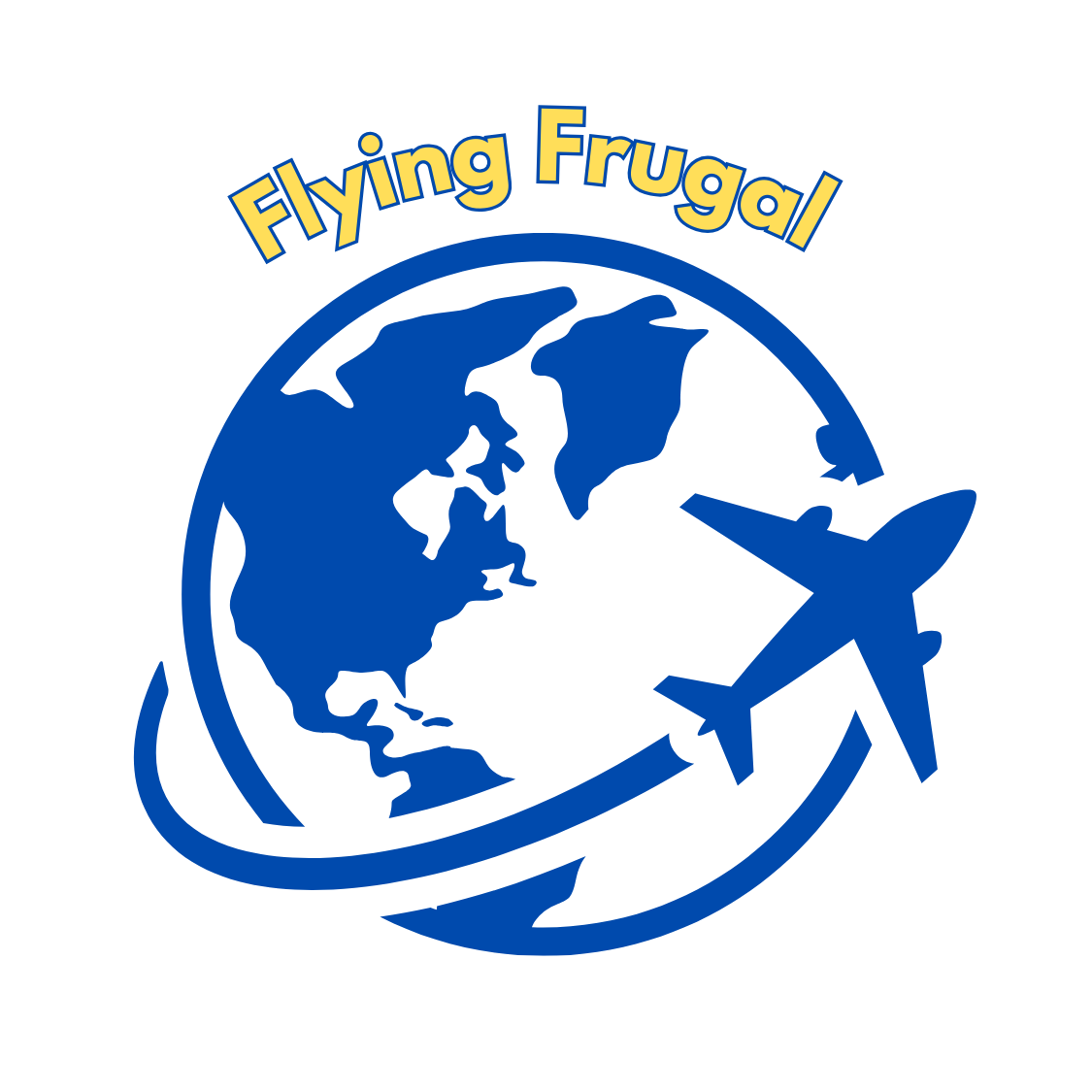As we step into 2024, the landscape of travel within the European Union (EU) is set for significant changes that will impact travelers from both within and outside its borders. With a focus on enhanced security, sustainability, digitalization, and the evolving dynamics of global travel post-pandemic, understanding these alterations is key for any would-be traveler. Here’s what you need to know about the shifts coming our way.
1. Introduction of the ETIAS System
One of the most notable changes that will affect travelers to the EU is the rollout of the European Travel Information and Authorization System (ETIAS) in 2024. Designed to strengthen border security and streamline the entry process, ETIAS will require travelers from visa-exempt countries, such as the United States, Canada, and Australia, to apply for a travel authorization before entering the Schengen Area.
The application process will be conducted online and expected to be straightforward. Travelers will need to provide personal information, travel document details, and answer questions related to health and security. While this may seem like an added hurdle, it is aimed at pre-screening travelers to ensure a safer travel environment across Europe.
2. Stricter COVID-19 Measures and Health Protocols
The COVID-19 pandemic has dramatically changed the way we view travel, and while many restrictions have lifted, the EU continues to evaluate travel protocols in light of public health. As of 2024, travelers should stay informed on potential health-related documentation, such as vaccination proof or recovery certificates that might still be required by individual member states.
Additionally, health monitoring and contact tracing processes may remain in place in some regions, especially during peak travel seasons. This means that potential travelers should check specific entry and health requirements for the countries they intend to visit.
3. Enhancements in Transportation Infrastructure
The EU is focusing on improving its transportation networks as part of its Green Deal initiative, with a vision to promote sustainability in travel. New developments planned for 2024 include investments in train services, cross-border rail links, and electric vehicle charging stations, all aimed at reducing reliance on air travel, which is often more carbon-intensive.
Countries such as France, Spain, and Germany are set to launch high-speed rail connections that make it easier to travel across borders while appealing to environmentally conscious travelers. Additionally, governments are addressing urban transit systems to reduce congestion and pollution in popular tourist destinations.
4. Focus on Sustainable Tourism
Sustainability is becoming a cornerstone of travel strategies in Europe. In 2024, travelers can expect many EU countries to adopt stricter guidelines for tourism practices. This includes promoting eco-friendly accommodations, supporting local businesses, and encouraging the use of public transportation.
Travelers are encouraged to engage in responsible tourism by respecting local cultures, minimizing their environmental impact, and participating in conservation efforts. The shift towards sustainable practices is not only beneficial for the environment but also enhances the quality of visitors’ experiences by fostering authentic interactions with local communities.
5. Digital EU Green Pass
While the digital health certificates introduced during the pandemic served their purpose, they paved the way for more robust digital frameworks. In 2024, travelers can expect the European Union to reinforce its digital identity schemes, such as the EU Green Pass, which may not only encompass vaccination records but also integrate identification, payment, and travel documentation into a single, secure digital format.
This digital transformation aims to streamline the travel experience across member states, making it easier for travelers to access necessary services and navigate various transport systems. While privacy concerns remain, the EU is keen on establishing trust and security within its digital ecosystems.
6. Dynamic Fare Structures
With ongoing economic fluctuations and the emergence of new travel demands, airlines and transportation services within the EU are expected to adopt more dynamic fare structures in 2024. As travel demand rebounds post-pandemic, pricing may become more variable, reflecting factors such as seasonality and real-time demand.
Travelers should be prepared for greater fluctuations in ticket prices and might benefit from flexible booking options that offer better terms for changes or cancellations. This could lead to the need for travelers to be more strategic in their booking processes, keeping an eye on trends and deals.
7. Cultural Initiatives and Events
Travelers to the EU in 2024 can immerse themselves in a range of cultural events and initiatives that enhance understanding and appreciation of diverse European cultures. Major cities across Europe are poised to host festivals, art exhibits, and food fairs, designed to draw tourists while supporting local artists and artisans.
The EU’s "European Year of Skills" initiative, which aims to promote education, training, and lifelong learning, will also provide opportunities for travelers to engage in educational programs or workshops, offering an enriching experience beyond traditional sightseeing.
8. Conclusion
As we look towards 2024, the changing landscape for travelers in the European Union reflects a collective move towards a more secure, sustainable, and digital-friendly travel experience. With the introduction of ETIAS, an ongoing commitment to health safety, improved infrastructure, and an emphasis on cultural enrichment, the upcoming years promise to shape the future of travel in profound ways.
For prospective travelers, being informed about these changes will not only help navigate the evolving travel regulations but will also inspire more responsible tourism practices. As Europe continues to adapt to new realities in the post-pandemic age, the opportunity to explore this diverse continent has never been more promising, inviting travelers to engage in memorable, meaningful experiences that honor both the destination and the environment.
In essence, 2024 will be a year of adaptation and innovation in travel across the EU, and those who embrace these changes will find new joys and opportunities while exploring the rich tapestry of European culture and history.














